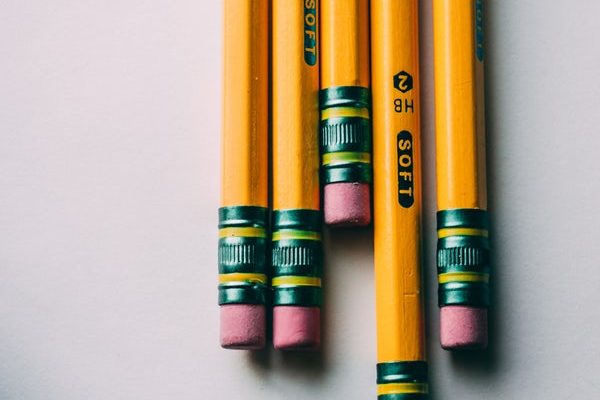Teaching Students About Great Britain

As educators, it’s essential to teach our students about other countries, their cultures, and customs, and Great Britain is one of the most fascinating countries with a rich history, traditions, and a unique way of life. Knowing about Great Britain not only broadens students’ minds but also helps them develop a greater appreciation for its history and its place in the world.
Teaching students about Great Britain should be more than just listing its most famous attractions and landmarks. It can be an engaging and comprehensive learning experience that covers its history, geography, culture, and traditions.
To begin with, a brief history lesson on Great Britain’s founding and development will provide a solid foundation for students. You can talk about the Roman empire’s influence on the country, the arrival of the Anglo-Saxons, and even the Vikings’ impact on Great Britain.
After this, students can learn about the various regions that make up Great Britain, such as England, Scotland, Wales, and Northern Ireland, and the different customs and traditions that make each one distinct. For example, Scotland has its language, tartans, and kilts, while Wales is known for its rugged coastline and beautiful valleys.
Language is also an essential aspect to consider when teaching about Great Britain. While English is the primary language spoken in Great Britain, British English has its unique vocabulary, grammar, and accent. Learning about these nuances will help students better understand British films, music, and literature.
Another way to teach about Great Britain’s culture is through its food. British cuisine may not have the international reputation of French or Italian food, but there are many delicious dishes to explore such as fish and chips, shepherd’s pie, and bangers and mash. Teachers could bring in samples for students to try or even have a cook-off in class that students can participate in.
Lastly, as educators, we must highlight Great Britain’s significant contributions to the world. Students should learn about Britain’s advancements in industry, politics, and science. For example, the Industrial Revolution began in England in the 18th century, making it the first mechanized nation globally, and many scientific discoveries originated from British scientists.
In conclusion, teaching students about Great Britain should be a fun, interactive, and engaging learning experience. It’s an excellent opportunity to introduce different cultures and customs to students while also highlighting Great Britain’s significant contributions to the world. By providing a thorough education on countries such as Great Britain, students will not only broaden their knowledge but also appreciate the diverse world around them.






